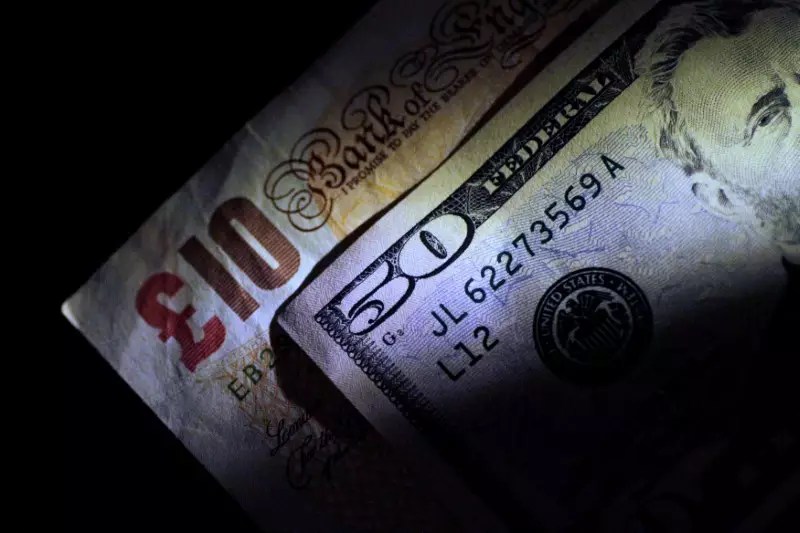In early European trade on Thursday, the U.S. dollar experienced a decline as weak economic data raised expectations of potential interest rate cuts by the Federal Reserve. The Dollar Index, which tracks the greenback against a basket of currencies, traded 0.2% lower at 104.900. This decline was fueled by softer-than-expected ADP employment figures and a weak purchasing managers index reading on non-manufacturing activity. This data has led to an increased expectation that the Fed will take action to cut interest rates in the near future. Traders are now pricing in a nearly 66% chance of a rate cut in September, up from 59% the day before.
The euro, on the other hand, rose 0.1% against the dollar to 1.0794. The European Central Bank, however, is cautious about rushing into an interest rate cut. The central bank governor of Slovenia warned against hasty decisions due to risks that could derail eurozone disinflation. The recent bond market turmoil has prompted ECB officials to adopt a patient approach, signaling that there is no rush to implement back-to-back rate cuts. The euro has faced challenges, particularly with the uncertainty surrounding French politics and the upcoming run-off election.
Effect on the Pound
Amid the U.K. general election, the pound edged higher against the dollar, rising 0.2% to 1.2759. The opposition Labour Party is expected to end the Conservative Party’s 14-year reign, with polls indicating a significant lead for Labour. Despite the potential change in government, the outlook for the Bank of England’s policy path remains relatively stable. The U.K.’s tight financial situation limits the scope for any new government to boost public spending significantly.
Impact on Asian Markets
In Asia, USD/JPY traded 0.3% lower at 161.21, after almost crossing the 162 level the day before. The Japanese government reiterated its commitment to defending the yen, raising concerns among traders about potential intervention. With low trading volumes expected during the U.S. market holiday, speculation is mounting about the possibility of government intervention to stabilize the currency. Similarly, USD/CNY remained near seven-month highs at 7.2701, reflecting fading confidence in the Chinese economy.
As the currency markets react to weak economic data and political events, investors must navigate through a landscape of uncertainty and volatility. The possibility of interest rate cuts by the Federal Reserve, along with political developments in Europe and Asia, poses challenges for traders and investors alike. The evolving economic and geopolitical landscape requires a cautious and strategic approach to decision-making in the financial markets.
The impact of weak economic data on currency markets is significant, leading to fluctuations in exchange rates and shaping investor sentiment. The prospect of interest rate cuts, political events, and government intervention all contribute to the complexity of the global currency markets. As market participants assess the risks and opportunities presented by these factors, prudent risk management and a deep understanding of market dynamics are essential for navigating the turbulent waters of the foreign exchange markets.


Leave a Reply